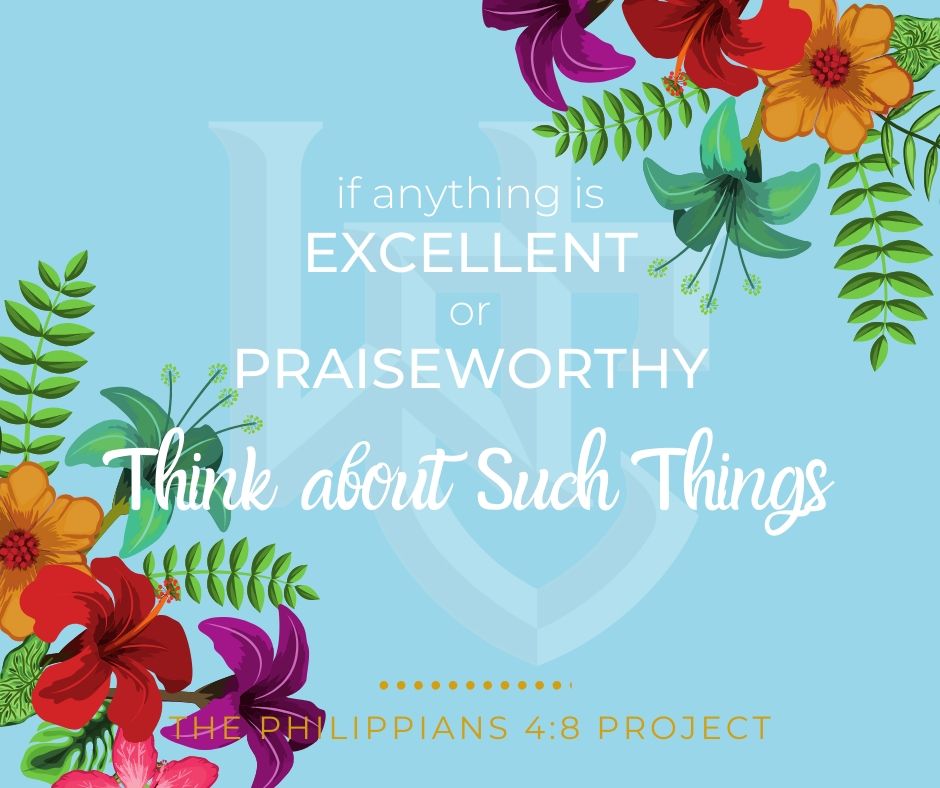Jesus invites us to know Him in His life and death.
We have been forced to lay down many things recently, things that we love and likely consider to define us to some extent: our independence, our normal work and study routines, our church gatherings, most of our service and volunteer involvements, our social interactions, and more. Yet I sense that there is an invitation to each of us in the midst of this to know Christ more fully.
Philippians 2:6b-7a explains that Jesus “did not consider equality with God something to be grasped, but made himself nothing.” Jesus laid down His royal, Heavenly status, not because he was forced to in a moment of crisis but by choice. This posture of humility, of not clinging to any earthly value or worth, is on full display in one of Jesus’ final interactions with His closest friends during the Last Supper.
John 13 describes the scene so familiar to many of us: “…he [Jesus] got up from the meal, took off his outer clothing, and wrapped a towel around his waist. After that, he poured water into a basin and began to wash his disciples’ feet, drying them with the towel that was wrapped around him.” It is in that place–when we have nothing else to cling to, no other place or person to find our worth in, no role by which to define ourselves, no status on which to rest– that we can truly know our humble King. Not bringing any of our accomplishments or titles or good deeds but willingly relinquishing rights to that which we are tempted to cling to for happiness, security, personal worth, and meaning in life, for the sake of knowing Jesus.
The apostle Paul had ample reasons to put “confidence in the flesh,” in himself. His family of original, religious pedigree, church involvement and adherence to the law set him up apart. Yet he counted all of that as garbage–something to be done away with–“compared to the surpassing greatness of knowing Christ Jesus” (Philippians 3:8).
This Holy Week, as we continue to feel and grieve that which we’ve been forced to give up, may we consider our present circumstances in the light of Jesus’ life and death. And may we echo Paul’s pure and resolute desire, “I want to know Christ and the power of his resurrection and the fellowship of sharing in his sufferings, becoming like him in his death, and so, somehow, to attain to the resurrection from the dead” (Philippians 3:10-11).
[Editor’s Note: The Philippians 4:8 Project is a daily centering of the WC community’s collective hearts and minds on “whatever is true, whatever is noble, whatever is right, whatever is pure, whatever is lovely, whatever is admirable—if anything is excellent or praiseworthy—think about such things.”]
